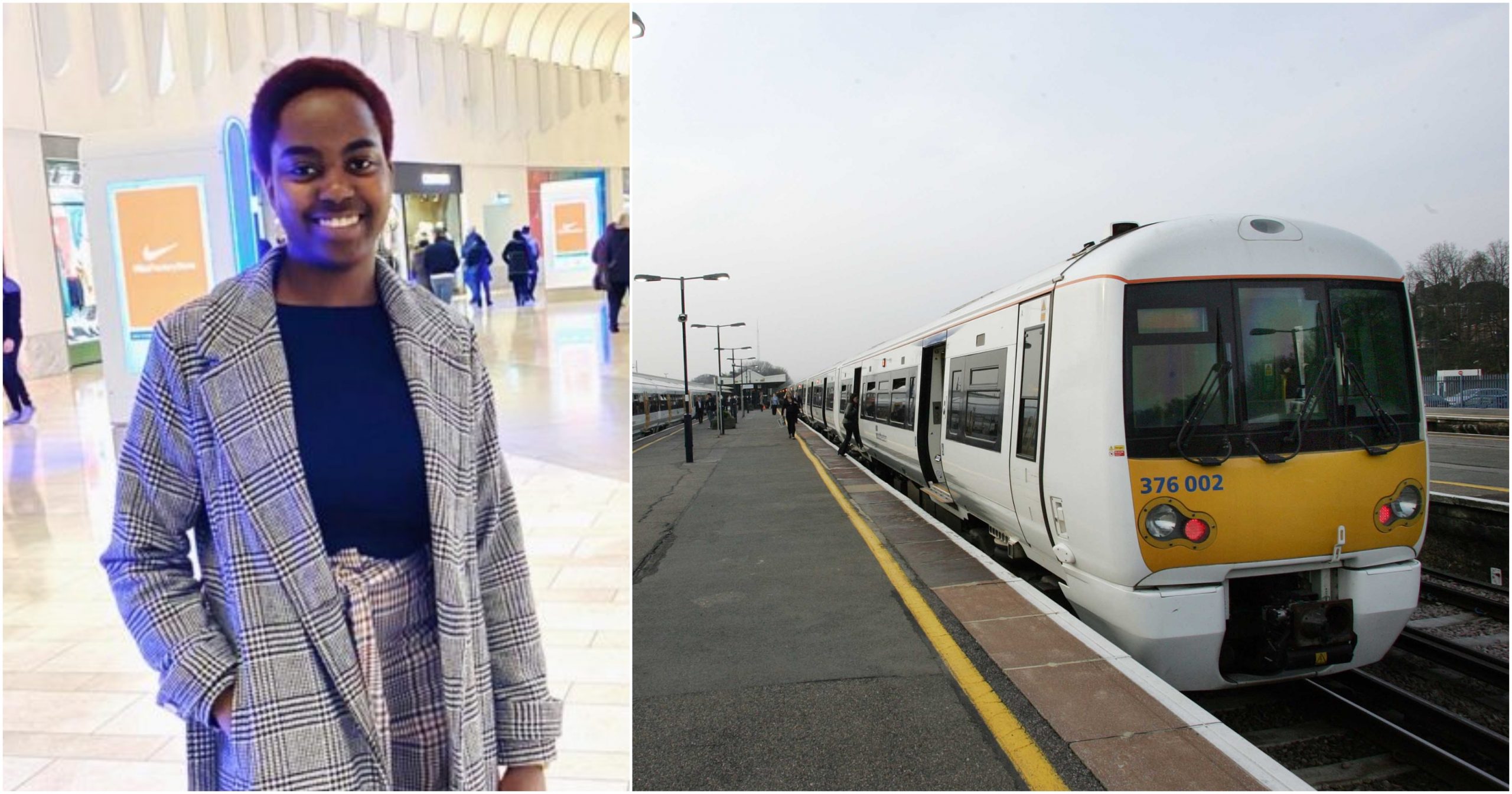Southeastern Railway (SE) has issued an apology after a Kingston University pharmacy student failed to find an accessible carriage for wheelchair users on a train to work.
Osayuki Igbinoba expressed her concern on Twitter two weeks ago and said she had to “stay by the doors and keep moving as I was in other people’s way” after not finding an accessible carriage.
“I complained to Southeastern about this. They were in denial and said there was an accessible carriage on the train. They also said they have to comply with regulations about accessible carriages on trains. I’m sure other disabled people know that all train companies don’t comply.
“SE said I should email Transport for London about training their staff properly, as they claim there was an accessible carriage on the train. I didn’t see it and the member of staff at Abbey Wood station confirmed this.
“Also, the person who responded above from SE described wheelchair users as ‘confined to their wheelchairs’ which is wrong. Wheelchair users are not confined, wheelchairs help us to mobilise,” Igbinoba said.
The KU pharmacy student, who works part-time at Boots as a pharmacy advisor, is a double amputee above the knee. She uses prosthetic legs and is also a wheelchair user.
After SE denied that there was not an accessible carriage on the train, the railway company finally admitted their mistake and apologized for their language.
“I’m very sorry that you’ve needed to get back to us because you’re unhappy with a phrase my colleague used in his email to you yesterday. I can understand why you feel that the term, ‘confined to a wheelchair’, isn’t appropriate.
“The Rail Vehicle Accessibility Regulations stipulate that all trains brought into service since 1998 must have certain features to aid disabled passengers. However, two of the types of train on your line, the Class 465 and 466 Networkers, were built back in the days of British Rail, between 1991 and 1994, at a time when, sadly, less consideration was given to the needs of disabled people.
“As a result, we’ve been refurbishing our metro trains, to bring them up to the required specification. This is ongoing, but many of our Class 465 trains now have two wheelchair spaces,” a representative of SE said.
After the railway company issued an apology, Igbinoba hopes for a change.
“I hope Southeastern will change so disabled passengers have equal access to facilities on their trains. Also, I believe that their staff should be re-trained, so they do not refer to wheelchair users as ‘confined’, which is undermining to disabled people,” Igbinoba said.

